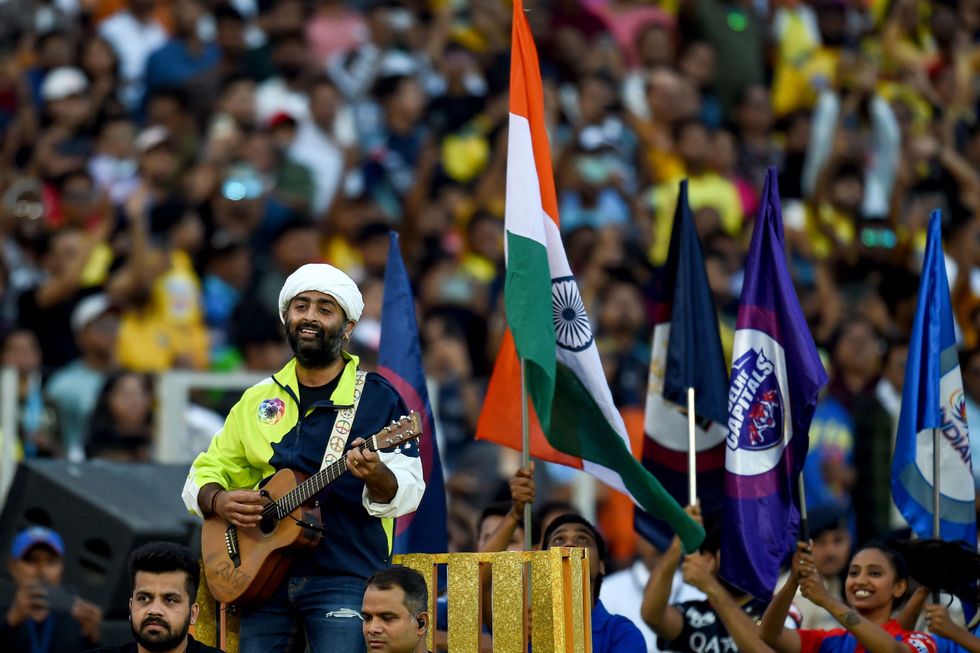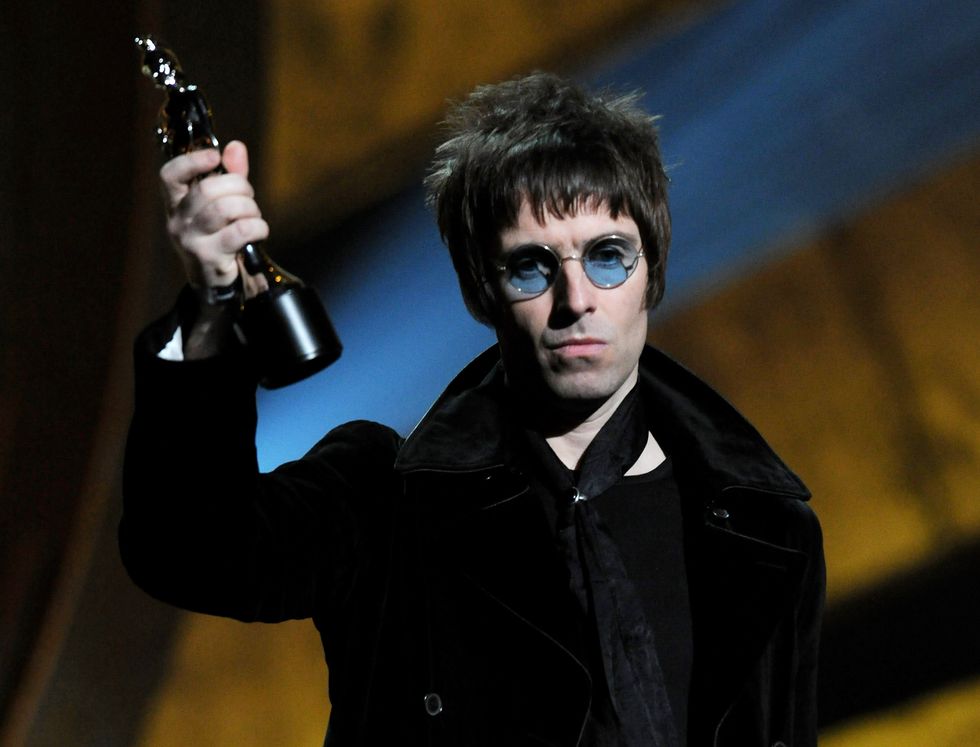Manjeet Kaur cannot say exactly how old she is or how long she has lived on the pavement of a busy street in New Delhi, her belongings in plastic bags, her washing hanging on the railing.
Kaur was kicked out years ago by her husband's family in the northern Indian city of Ludhiana after a quarrel over property. She boarded a bus to New Delhi with her two young sons, going first to a Sikh gurudwara, a place of worship, for free food.
With no money and no one to turn to, Kaur and her sons settled on the pavement outside the gurudwara, marking their space among other families who lived there.
When it rains, they cover themselves with plastic sheets. They have little protection from the winter's cold or the summer heat, when temperatures routinely soar above 40°C (104°F).
"I had nowhere to go. The house, the land - nothing was in my name," said Kaur.
"Here, the police harass us, and the locals curse us, and I'm sometimes too afraid to sleep. But we cannot afford to pay rent and the shelters are not good, so what option do we have?"
Kaur is one of at least 10,000 homeless women in India's capital, where thousands of people arrive everyday from villages and small towns, looking for better opportunities.
Many end up in slums and other informal settlements. Others settle under bridges, flyovers, on pavements and road dividers.
Women, who are estimated to make up about 10 per cent of India's homeless population, suffer the brunt of a growing crisis brought on by rapid urbanisation, soaring property prices, and a critical lack of shelters and affordable housing.
Compounding the difficulty is a lack of reliable data on homeless people, and homeless women in particular.
Delhi, a city of more than 16 million people, has 46,724 homeless people - among the most of any Indian city - according to the 2011 census.
Rights groups say the estimate is conservative, and that the actual figure is three times higher.
They also question the reported decline in India's homeless population to 1.77 million nationwide in the 2011 census data, from 1.9 million a decade earlier.
In the same period, the urban homeless rose by a fifth, according to the data.
"Our cities are growing at a remarkable rate, and that puts a strain on the government's capacity to respond to the needs of the people, including the homeless," said Ashwin Parulkar at the Delhi-based think tank Centre for Policy and Research.
"Not having an accurate understanding of the extent of homelessness - who they are, where they are, what their needs are - hinders policymaking and compromises the ability to plan and provide for them," he said.
DIFFERENT DEFINITIONS
Globally, at least 150 million people, or about 2 per cent of the population, are estimated to be homeless. More than a fifth of the population lacks adequate housing.
But getting an accurate handle on homelessness is difficult because of different definitions in countries, and governments' inability to adequately measure the phenomenon, said Joseph Chamie, a former director of the U.N. population agency.
Governments also have a tendency to understate the problem, while the homeless are reluctant to be counted, he said.
Yet the causes are the same: poverty, lack of affordable housing, mental illness, alcohol and drug addiction, family breakdown, civil conflict and environmental disasters, he said.
"There is no quick solution: even developed countries are encountering considerable difficulties. So ending urban homelessness in less developed countries is unlikely," he said.
With at least 55 per cent of the world's population living in urban centres, homelessness is ever more apparent, from Los Angeles to Hong Kong.
The problem is especially severe in India, which is forecast to overtake China by 2024 as the world's most populous country, with tens of millions cramming into already crowded cities.
Alongside, evictions are rising: at least six homes are pulled down and 30 people forcibly removed each hour in India to make way for metro stations and highways.
Homeless women bear the brunt, as they face more abuse and violence on the street, but have few claims over property and limited access to shelters, said Shivani Chaudhry at the advocacy group Housing and Land Rights Network in Delhi.
Many of these women have left abusive marriages, suffered sexual violence, or have been abandoned by families for mental illness or after the death of a husband, she said.
"Homeless women suffer the worst kinds of violence and insecurity, and are vulnerable to sexual abuse, exploitation, and trafficking," said Chaudhry.
"Shelters are not a permanent solution."
HOUSING FOR ALL
India has committed to provide housing for all its citizens by 2022, with an aim to build 20 million urban units.
But analysts say the programme bypasses homeless people who cannot afford the mortgage payments.
The Supreme Court has ordered states to provide at least one 24-hour shelter for every 100,000 residents in major urban centres.
Few states have complied, citing the high cost of land.
"Our top priority is to have enough permanent shelters with facilities and services, including healthcare, job training and counselling," said Bipin Rai, a senior official at the Delhi Urban Shelter Improvement Board.
"But the main challenge is lack of land. So we have to make do with temporary shelters," he said.
Delhi has the most shelters of any Indian city - about 200 to hold more than 16,000 people. There are 20 shelters for women.
More than half the shelters are porta-cabins, which are refashioned steel containers with few facilities.
At some permanent women's shelters, women get three meals a day, skills training and help getting identification papers and school admissions for their children.
At one such shelter, colourful drawings by the children are on a wall, including several of a simple house flanked by two trees, the sun smiling from above.
"I would like to earn enough so I can live in a house with my family," said Saima, who had previously lived on the street after coming to Delhi some years ago.
"But that may not be possible. This may be our only home."





 Priyanka Chopra calls herself nascent in Hollywood as 'Heads of State' streams on Prime VideoGetty Images
Priyanka Chopra calls herself nascent in Hollywood as 'Heads of State' streams on Prime VideoGetty Images  Priyanka Chopra wants to build her English film portfolio after Bollywood successGetty Images
Priyanka Chopra wants to build her English film portfolio after Bollywood successGetty Images  Ilya Naishuller, Priyanka Chopra and John Cena attend the special screening for "Head of State" Getty Images
Ilya Naishuller, Priyanka Chopra and John Cena attend the special screening for "Head of State" Getty Images








 Arijit Singh performing Instagram/
Arijit Singh performing Instagram/ Arijit Singh clicked during a performance Getty Images
Arijit Singh clicked during a performance Getty Images 


 Liam Gallagher accepts Oasis' award for 'Best Album of 30 Years' Getty Images
Liam Gallagher accepts Oasis' award for 'Best Album of 30 Years' Getty Images  Liam Gallagher plays to a sell out crowd at the Universal AmphitheatreGetty Images
Liam Gallagher plays to a sell out crowd at the Universal AmphitheatreGetty Images Liam and Noel Gallagher perform together in Cardiff for the first time since 2009 Instagram/oasis
Liam and Noel Gallagher perform together in Cardiff for the first time since 2009 Instagram/oasis